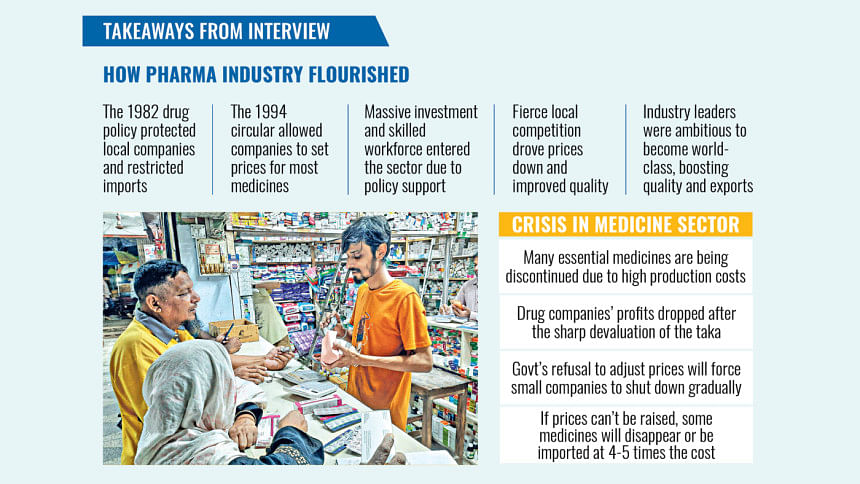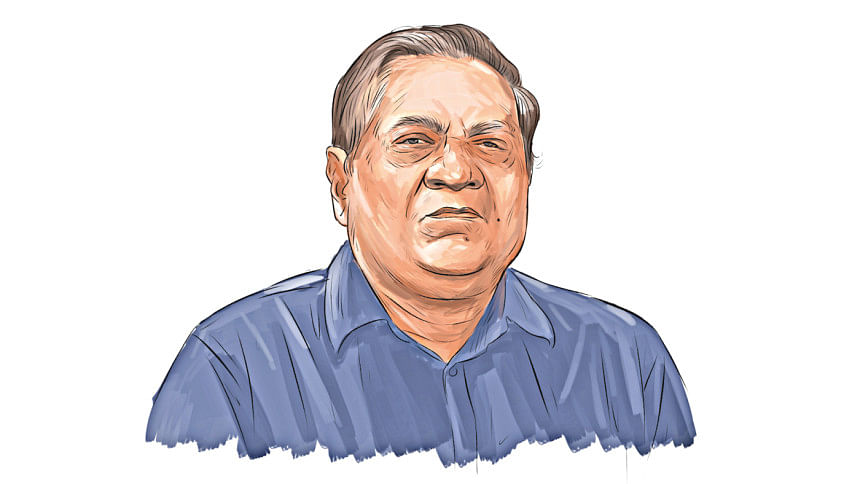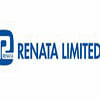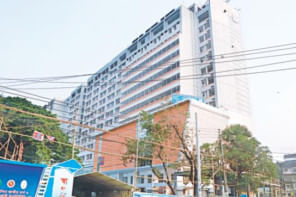Drug-making not viable without price adjustment

Renata PLC, one of the country's leading pharmaceutical companies, discontinued nearly 30 percent of its product line in the last fiscal year after production costs outpaced selling prices, according to the company's chief executive officer (CEO).
In an interview with The Daily Star, Syed S Kaiser Kabir, CEO and managing director of Renata, said many other companies are taking similar steps, as they are unable to adjust prices despite spiralling costs.

He blamed the authorities for not allowing price revisions, even though a 1994 government circular permits companies to set the prices of non-essential drugs.
While the circular fixes the prices of 117 essential medicines, it gives manufacturers the freedom to set prices for other drugs.
Kabir said despite this provision, the authorities have blocked price adjustments across the board, even as the taka has lost about 43 percent of its value against the dollar after the Covid pandemic.
"If production becomes unprofitable, companies will stop making those medicines. Then we will have to depend on imports, which come at a far higher cost," he said.
Citing rising import costs of raw materials and the impact of a weaker taka, Kabir said Renata had 626 products, of which 194 had been pulled from the market in recent years.
"Various companies are also discontinuing roughly 25 to 30 percent of their medicine portfolio," he added.
Kabir said both the previous Awami League and the current interim government have resisted price increases due to political sensitivities.
"The AL government did not allow price increases because it was politically unpopular. Similarly, the current government has flatly refused to allow any price hikes, citing public impact," he said.
He mentioned that if the government believes higher prices will make medicines unaffordable, it should consider subsidies. "But private companies won't make medicines at a loss."
Although some of the drugs are loss-incurring, drugmakers are making a profit overall—so why would the government allow a higher price? The CEO was asked this question.
He said survival and innovation require a reasonable level of profit.
Just a few years ago, Renata made a post-tax profit of Tk 18 for every Tk 100 in sales. The average stood at Tk 15. That figure has now dropped to just 5 percent, according to the company's financial statements.
"With this profit margin, there would not be investment or quality improvement," he said. "So, this is unsustainable."
In the first nine months of FY 2024-25, Renata's net profit fell by 35 percent to Tk 168 crore. Sales stood at Tk 3,132 crore during the period, resulting in a profit-to-sales ratio of 5.37 percent.
"We were hit hard because our biggest investment came just before the taka devaluation," Kabir said. "Other companies are now beginning to feel the impact. If this continues, companies will start shutting down—not suddenly, but gradually."
Kabir commented that medicine prices are globally determined by the market, with a few countries offering subsidies to balance between affordability and sustainability.
"In the UK, prices change daily, like in the stock market. In India, Pakistan, and Singapore, it is company-driven. If there is competition, profits are limited," he said.
"But what concerns me more is that the government is not allowing price increases for ideological reasons. Policymakers do not believe pharma should make profits or grow big."
Referring to long-term investments, the CEO said, "Thousands of crores were invested based on the 1994 circular. Thousands of university graduates are studying pharma. What will happen to them?"
Bangladesh currently manufactures around 98 percent of its required medicines locally.
Kabir said wouldn't be possible without the 1994 circular. He also credited the 1982 Drug Policy for laying the groundwork.
"The policy protected and promoted local companies against the multinational firms."
For years, Bangladesh restricted imports unless they were original drugs, a move that helped local companies flourish.
The 1994 circular, Kabir said, took the industry further. "It completely transformed the industry, taking it from import-dependent and multinational-dependent to now a fully sufficient and exporting one."
Asked whether letting companies set prices would hurt consumers, the CEO's answer was firmly no.
"When companies are allowed to set prices of any commodity, prices usually go up and quality goes down. But in pharmaceuticals, it is just the opposite. Because the competition and ambition of being quality drug producers is the core of our industry," he said.
Citing data from IQVIA, a global health information firm, Kabir claimed that Bangladesh's medicine prices are lower than those in India. "You do not have to take my word for it. Ask any of your relatives living abroad how much they pay for medicines compared to Bangladesh."
On whether companies could trim their own costs to keep prices affordable, Kabir pointed to the long-standing issue of sending gifts to doctors.
"There was a time when medical representatives gave doctors a pen or a leaflet. Over time, gifts have increased. Some are so expensive that they make me furious. These gifts account for about 3 percent of sales," he said.
"Financially, it may not make a major impact, but it is a bad practice and should be addressed," he admitted.
One proposed solution has been to make doctors write prescriptions using only generic names, rather than specific brands. But Kabir said Bangladesh is not yet ready for that step.
"In developed countries, doctors write generics as there are chemists in their pharmacies. But in middle-income countries like ours, we do not have skilled pharmacists, let alone chemists at drug stores. Besides, our regulatory oversight is also weak."
He said that if generic-only prescriptions are enforced without the required infrastructure, patients may end up with poor-quality medicines despite paying higher prices.

 For all latest news, follow The Daily Star's Google News channel.
For all latest news, follow The Daily Star's Google News channel. 







Comments